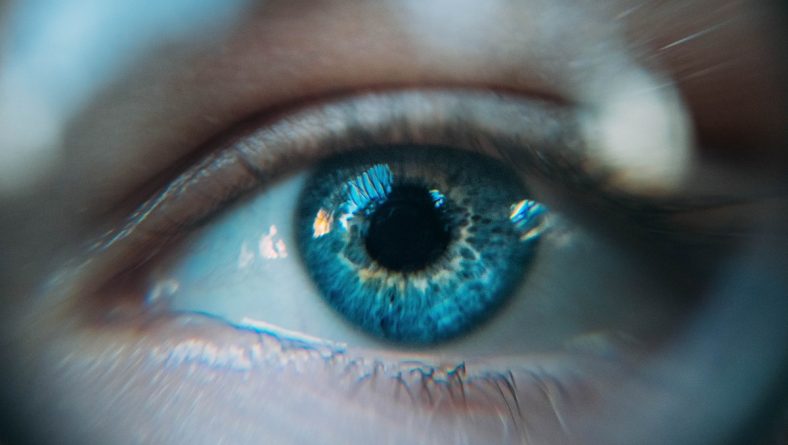Eye Floaters | Accent Eye Care
Eye Floaters
We all have seen them, little eye floaters drifting across our field of vision like ghosts or cobweb spots. While they are annoying and can disturb our vision, they are not harmful. Floaters occur in various shapes, circumstances and causes. There are treatments available if they distort or disrupt your vision, so it is important to see your eye care medical professional.
What are eye floaters?
These tiny pieces are jelly like fluid that comes loose from within the inner portion of the eye and float in our visual field. This is when we actually see them. We are born with them, however, as we age, the vitreous begins to dissolve and liquefy to create a water center. In this process, some gel pieced will float sometimes around in the liquid center of the vitreous. The pieces come in irregular shapes and sizes that we refer to as eye floaters.
Signs and symptoms
Patients with eye floaters can show the following early signs and symptoms.
- Inability to see tiny bits of debris floating loose within the eyes, especially in the presence of white or light-colored background.
- The specks do not move until you try to focus on them. That is when they tend to move in your eye. The vitreous gel inside the eye moves which is called drifting or shadow cast.
- Individuals with this condition often experience showers of floaters and spots. It is critical that if they are accompanied by flashes of light due to retinal detachment or a slight torn in the retina to see your eye professional immediately.
A recent study by ophthalmologists demonstrated that people who experience eye floaters or flashes of light are about 39.7 percent more likely to have a retinal detachment, while 8.9 percent may have a tear in the retina.
Causes of eye floaters
Several factors are factors that promote optic sensitization to this condition, which include
- Posterior Vitreous Detachments (PVDs) from the retina are major causes of vitreous floaters
- Normal age related vitreous gels, especially in adults 80 years of age or older
- Inflammatory conditions associated with eye infections
Treatment
No treatment is usually necessary, however, some people prefer to use natural tear eye drops. This keeps the eye moist and help with any discomfort. Others have had success with over-the-counter vitamins like omega-3 fatty acids, vitamins A, C, and E, as well as lutein and betacarotene containing products. On the advice of your eye doctor, a vitrectomy is a surgical procedure that removes the vitreous humor.
Do not take any unnecessary risks. If you are having trouble with your vision see your eye care physician as soon as possible.










 powerhousegroup.net
powerhousegroup.net